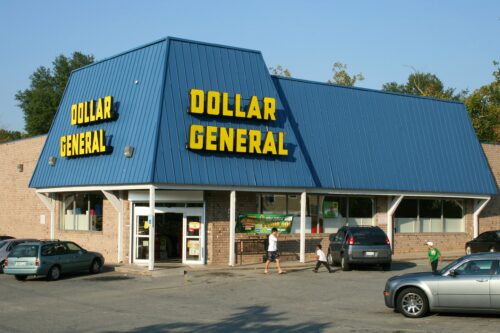A study conducted by the Yale School of Management analyzed the impacts of using Dollar General stores as COVID-19 vaccine distributors. Originally, the U.S. focused vaccination efforts on commercial retail distribution partners through the Federal Retail Pharmacy Program (FRPP). However, lower-income households and populations living in rural areas face many barriers to receiving the vaccine, including access to transportation or scheduling technology.
Professor Judith Chevalier and Assistant Professor Jason Schwartz concluded that adding Dollar General stores as vaccination sites would create proximity advantages for low-income households, populations living in rural counties, Black Americans, and Hispanic Americans in regions across the U.S.
Chevalier and Schwartz used the Social Vulnerability Index (SVI) created by the Centers for Disease Control (CDC) to assess the relationship between vaccination accessibility and social vulnerability. The SVI uses factors such as socioeconomic status, access to special services and transportation, and household composition to determine which communities would require additional support during public health emergencies such as COVID-19. The higher the SVI calculation, the more vulnerable the population in that area. These areas are referred to as tracts. small subdivisions of a county or equivalent entity for which the census collects statistical data. “The SVI Index has been used a fair bit during COVID-19 to talk about whether people in low SVI areas are getting fewer or more vaccines than people in high SVI areas,” Chevalier said.
Chevalier and Schwartz found that, even though higher SVI tracts have a lower number of retail pharmacies, they have a higher density of Dollar General stores. The addition of Dollar General stores as vaccine distributors would therefore increase the percentage of low-income households that are less than one mile from a pharmacy partner from 48.9 percent to 60.5 percent, significantly reducing the transportation barrier. “While we may have missed our chance to use Dollar General stores in the first round of COVID-19 vaccines, I am hopeful that for the booster program they can consider it,” Chevalier said.
Dollar General stores, moreover, may hold potential in distributing resources beyond the COVID-19 vaccine. “There is also a whole variety of health interventions, social assistance programs, et cetera for which Dollar General stores are so perfectly located,” Chevalier stated.

